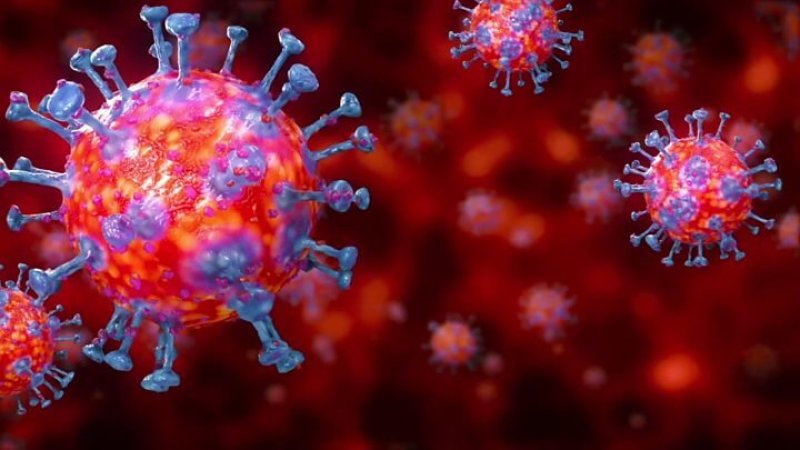The coronavirus is not mutating significantly as it circulates through the human population, according to scientists who are closely studying the novel pathogen’s genetic code. That relative stability suggests the virus is less likely to become more or less dangerous as it spreads, and represents encouraging news for researchers hoping to create a long-lasting vaccine.
All viruses evolve over time, accumulating mutations as they replicate imperfectly inside a host’s cells in tremendous numbers and then spread through a population, with some of those mutations persisting through natural selection. …
SARS-CoV-2, the virus that causes the disease covid-19, is similar to coronaviruses that circulate naturally in bats. It jumped into the human species last year in Wuhan, China, probably through an intermediate species — possibly a pangolin, an endangered anteater whose scales are trafficked for traditional medicine.
…
“That’s a relatively small number of mutations for having passed through a large number of people,” [said Peter Thielen, a molecular geneticist at the Johns Hopkins University Applied Physics Laboratory]. “At this point, the mutation rate of the virus would suggest that the vaccine developed for SARS-CoV-2 would be a single vaccine, rather than a new vaccine every year like the flu vaccine.”































